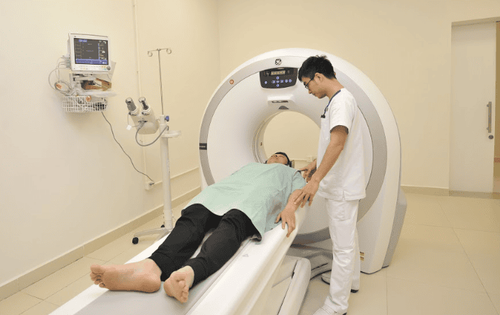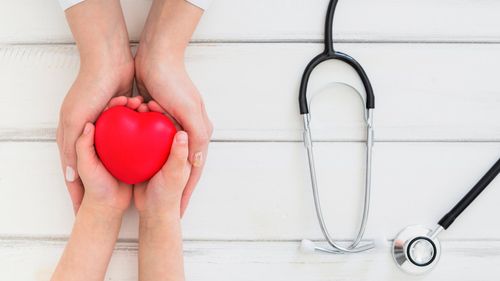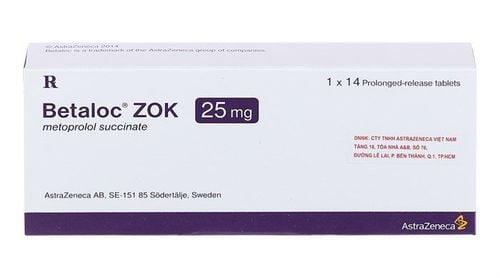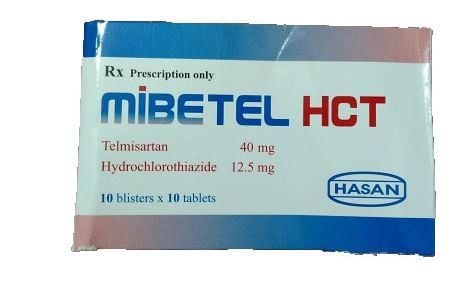This is an automatically translated article.
The article is professionally consulted by Master, Doctor Do Xuan Chien - Internal Medicine - Cardiology - Department of Medical Examination and Internal Medicine - Vinmec Ha Long International Hospital.1. What is cardiomyopathy?
Cardiomyopathy is a disease of the muscles on the wall of the heart. This is a disease when the structure of the heart muscle changes leading to a change in the function of the heart muscle. The heart's ability to pump blood is also seriously impaired. People with cardiomyopathy can face cardiovascular complications through many types of cardiomyopathy.With cardiomyopathy, the heart muscles become too large, thickened, or hardened. This condition causes the heart to not be able to contract continuously, effectively to pump blood through the circulatory system. Many cases are noted by doctors when the heart muscle tissue turns into scar tissue. The heart manifests as weak, also known as arrhythmia.
Cardiomyopathy is divided into several categories. Accordingly, each type of cardiomyopathy will have different symptoms and treatment.
2. Who is susceptible to cardiomyopathy?
People who regularly drink alcohol, alcoholic beverages; use narcotic. People with a parent or close relative with a history of cardiomyopathy are more likely to develop congenital cardiomyopathy. People who have had cancer treatment with chemotherapy drugs, radiation therapy.3. Signs to recognize cardiomyopathy
In the early stages of the disease, it is difficult to identify because the disease has no signs or symptoms. When cardiomyopathy progresses, the patient will appear some of the following symptoms:The patient feels short of breath when doing heavy, stressful work. Frequent coughing when lying down, feeling of chest pain. Always feel tired, lack of energy, or dizzy or faint. Swollen feet, ankles and feet. These signs are all recognized only when the disease is advanced. Therefore, if the patient's family finds that the patient has the above symptoms, they should immediately go to the hospital to check the heart as soon as possible.
Most patients with signs of cardiomyopathy will be indicated to have their heart checked by ECG (electrocardiogram), chest X-ray, echocardiogram to detect disease.

4. Causes of cardiomyopathy
From subjects prone to cardiomyopathy, we can learn some of the most common causes of cardiomyopathy. Many causes are little attention, research but seriously affect the heart, leading to cardiomyopathy.The first and also quite common cause is genetic. The most common case is that the mother passes the disease on to her child. The second is people with long-term hypertension. Patients with high blood pressure are more susceptible to heart disease because the blood does not circulate, often changes. A severe case of high blood pressure is a heart attack. People who have had a heart attack are also at increased risk of developing cardiomyopathy. Heart diseases such as coronary heart disease, arrhythmia, ... are all causes of cardiomyopathy. Certain diseases such as hemochromatosis (a disease that accumulates too much iron in the body), sarcoidosis (a disease where abnormal inflammation occurs in many organs of the body), amyloidosis (an abnormal accumulation of amyloid protein) One cause Another little-known disease is metabolic disorders such as diabetes, hyperthyroidism or obesity. Women during pregnancy can also experience complications that lead to cardiomyopathy.
5. How to treat cardiomyopathy
Cardiomyopathy is a heart disease, so the treatment methods are also very complicated, requiring high medical qualifications and doctors. In addition, cardiomyopathy needs to be detected and recognized early. This can slow down the progression of the disease and prolong life. The best known treatments for cardiomyopathy are:Making healthy lifestyle changes to reduce symptoms of cardiomyopathy. Patients need to maintain a healthy diet, increase intake of fresh fruits and vegetables, reduce salt, and limit fat. Patients must stay optimistic and relieve stress. Exercise regularly and stay away from alcohol and tobacco. Use medication to reduce symptoms of the disease and prevent complications. Commonly used medications include: Antiarrhythmic drugs that help the heart beat normally. Medications to lower blood pressure such as ACE inhibitors, angiotensin II receptor antagonists, beta blockers, calcium channel blockers Medicines to prevent blood clots, anti-inflammatory drugs such as corticosteroids. There are also some complementary medicines such as diuretics that help remove sodium salts and fluids from the body; Electrolyte balancing drugs such as Aldosterone to help muscles and nerves work correctly.
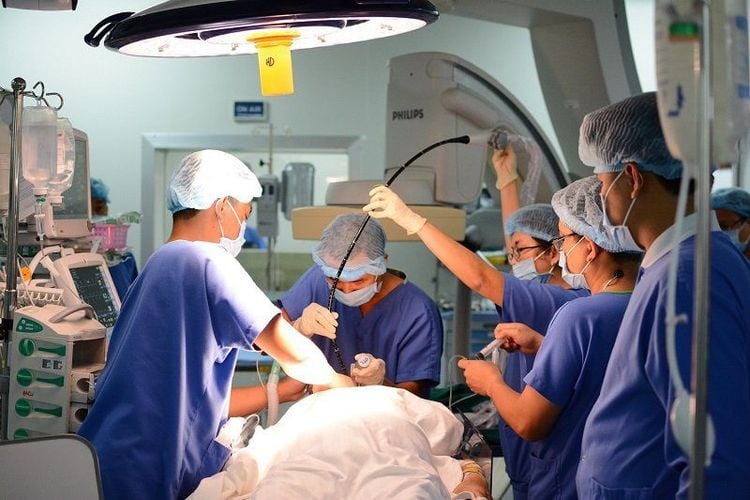
Intervention or surgical implantation of assistive devices. Specifically, Cardioversion, a method of using a pacemaker, left ventricular assist device (LVAD), cardiac revascularization machine (CRT), or implanted cardioverter-defibrillator (ICD) to control certain conditions. heart rhythm disturbances. Heart transplant: For people with hypertrophic cardiomyopathy, doctors may recommend surgery to remove thickened parts of the heart muscle. When medication can no longer control the symptoms of cardiomyopathy, a heart transplant is considered and performed by doctors to prolong the patient's life. Together with Vinmec, protect you and your family against the risk of cardiovascular complications.
Please dial HOTLINE for more information or register for an appointment HERE. Download MyVinmec app to make appointments faster and to manage your bookings easily.





